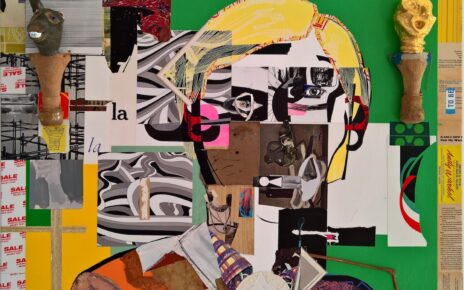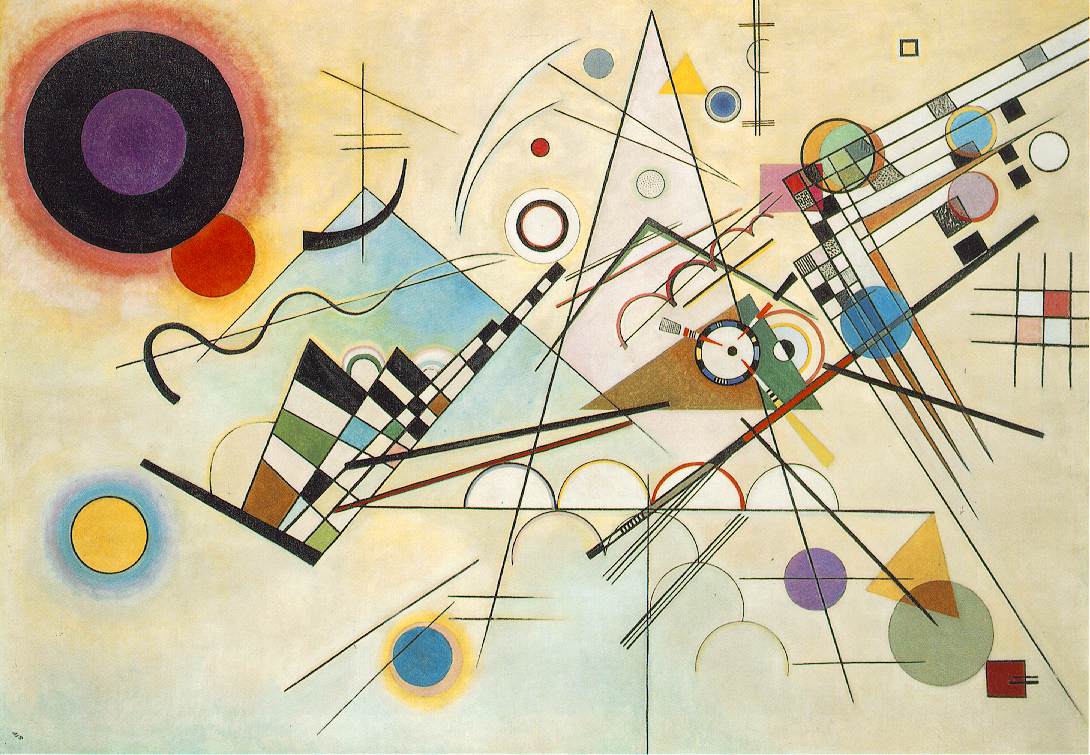The following is the third of a three-part series. The first can be found here, the second here.
Derrida’s suspicion of and discomfort with the seemingly politically-motivated dogmatism that we see guiding Heidegger’s understanding of spirit leads us into the common interpretations of Derrida’s religious thinking as being about a sort of theological indiscretion, an undecidability about the existence of God and thus the veracity of religion as such. However, to leave it at that is a grave oversimplification, particularly since, as we have seen, the question of religious faith carries such deep ties to the problems of nationalism and political injustice. Readers of Derrida’s religious inflections often fail to consider the political resonance of such inflections, in part because they focus attention on his writings on Christianity.[1]
While Derrida’s writing on Heidegger vis religion and Nazism take Christianity as exemplary, it is not exceptional. Derrida’s writing on Judaism represents the place where the political and the religious intersect most clearly. Perhaps this should not be surprising, given his self-nomination as the ‘last of the Jews’[2] as well as the specter of Nazism which hangs over more than one of his most intimate interlocutors.
On one hand, to attempt to simply jettison religion, as Heidegger does, appears just as misguided from a Derridean standpoint as does the attempt to disambiguate religion, spirit, and politics. On the other hand, Derrida is obviously not simply trying to rehabilitate a version of either Judaism or Christianity that would be recognizable to either’s orthodoxy, as is clear from his dialogue on the despair of the Christian. In a sense, Derridean deconstruction at once requires disaffiliation with claims to divine authority while at the same time requiring a radical openness to the possibility of the irruption of the divine.
In this sense deconstruction must always be open to the possibility of its own failure – to the advening of a God whose transcendental authority would render deconstructive displacement of the ‘transcendental signified’ an error. To Derrida, even as “everything [he] interprets… under the Greek name khôra, the place, the ahuman and atheological location” seems entirely foreign to “the God of the Jews,” “this manner of interpreting the place can still keep a deep affinity with a certain nomination of God from the Jews.”[3]
The oscillation of the role of religion found across Derrida’s texts signals the way in which it functions both as both a resource for and as a threat to deconstruction. Religion, exemplified in certain later writing as Derrida’s ‘Being-Jew,’ “would then be something more, something other than the simple lever – strategic or methodological – of a general deconstruction; it would be its very experience, its chance, its threat, its destiny, its seism.”[4] In other words, while religion operates in certain ways and at certain times as that which threatens deconstruction through its character as the ‘undeconstructible,’ it is also that very same character that allows for deconstruction in the first place.
This ‘Judeity’ is “perversely exemplary” of the status of religion generally for Derrida, “hyper-exemplary, more than exemplary, other than exemplary,” in that it both reveals and threatens “all the philosophical and political consequences”[5] we have worked out thus far. In fact, the “oscillation and undecidability” between the forms of religion highlighted throughout this paper exemplify the very structure which has undergirded all of the considerations of “law, justice, and right… and state or onto-theological sovereignty”[6] seen heretofore.
At the same time as Derrida’s reading in GIII takes religion in the orthodox, onto-theological sense incoherent, it also renders a Heideggerian atheism incoherent. This is an attitude that will carry into Derrida’s late writing and one which conditions the way in which religion and the possibility of political justice interact: “on the one hand, it is (from a historical, ethical, political perspective, etc.) the condition that one emancipate oneself from every dogma of revelation and election; on the other hand, this emancipation can be interpreted as the very content of the revelation or of the election, their very idea.”[7]
Seen in the light of this later writing, Derrida’s interrogation of Heidegger’s Geist appears to have much higher stakes than the simple tracing of a conceptual trajectory. The story that is told through Derrida’s accounting of spirit and its culpability in Heidegger’s descent into nationalistic dogmatism serves as a cautionary tale, and it informs Derrida’s own thought and concern with the certainty of both religious and political orthodoxies. By taking such a long-ranging view of Derrida’s engagement with Heidegger’s writing on these concepts, we can see how the residue of faith in early foundational writings became the basis for what is most reprehensible in Heidegger’s thought and the way in which Derrida takes up this insight as a lens through which to interrogate his own relationship with religion.
Further work along the lines of this paper might take into account Derrida’s more overtly political writing, for instance “Force of Law: The ‘Mystical Foundation of Authority’” or Specters of Marx: The State of the Debt, the Work of Mourning and the New International, in which religiosity undergirds thinking on the possibilities of justice and state authority.
Taking a broader view of the Derridean corpus enables readers to see that the so-called religious and/or political ‘turns’ in Derrida’s thought are in fact not turns at all, but rather the gradual development of ideas and problematics which can in fact be traced back through his early writing and to his earliest engagement with sources like Heidegger. By combining genealogical work like that undertaken here with analysis of the critiques of political economy that show up in certain other texts, a path might open up towards constructing a positive political theory from Derrida’s work with resonance for contemporary issues.
Jake Sirota is a graduate student at the University of Chicago, specializing in philosophy of Religion. He specializes in continental philosophy of religion, deconstruction and religion, religion and naturalism, phenomenology, modernity and dis/re-enchantment, queer issues, postcoloniality, and religion in the public sphere. This article appears in the Journal for Cultural and Religious Theory Vol. 21, No. 1.
______________________________________________________________________________
[1] Perhaps the most well-known example being John D. Caputo’s The Prayers and Tears of Jacques Derrida: Religion Without Religion.
[2] Jacques Derrida, “Circonfession,” in Jacques Derrida, by Geoffrey Bennington (Paris: Seuil, 1991), 178, translated as “Circumfession,” in Jacques Derrida, by Geoffrey Bennington (Chicago: University of Chicago Press, 1993), 190.
[3] Derrida, Jacques. “Abraham, the Other” in Judeities: Questions for Jacques Derrida. Bettina Bergo et. al., editors. (New York: Fordham University Press, 2007.) 29. Originally published in 2003, English edition 2007.
[4] Ibid.
[5] Loc. cit.
[6] Ibid., 33.
[7] Loc. cit.




